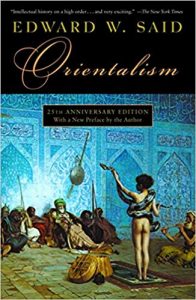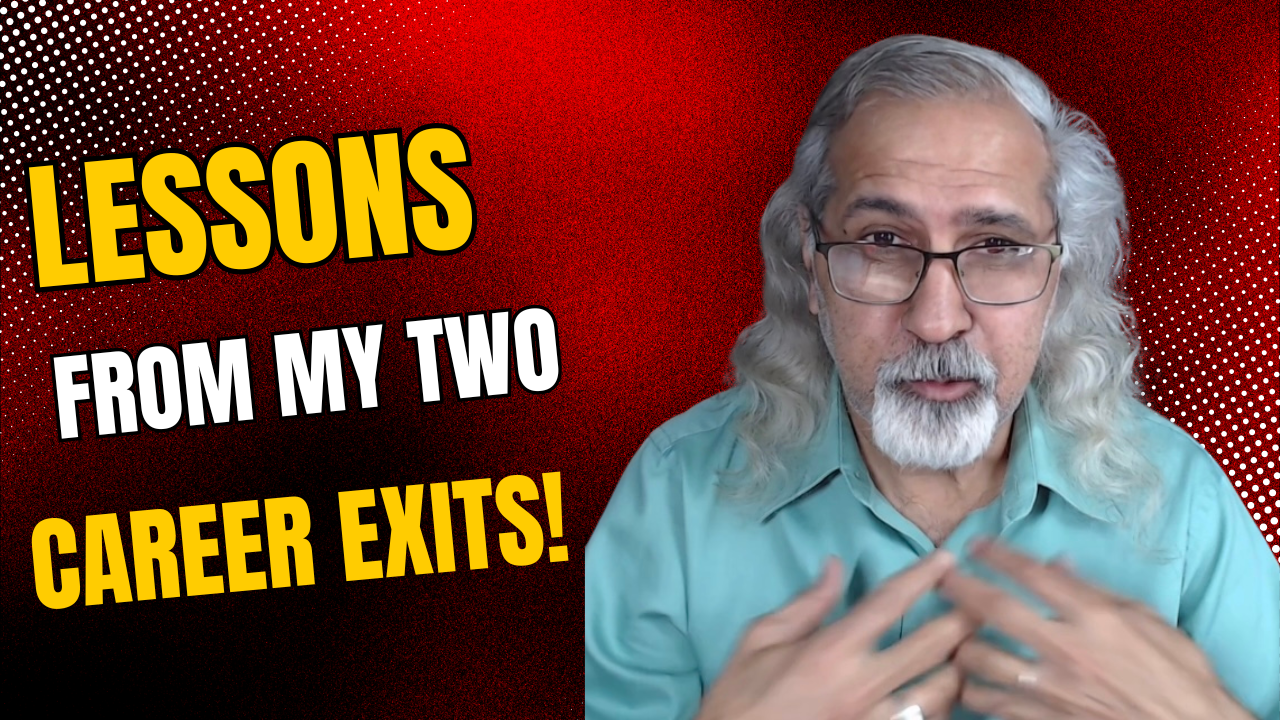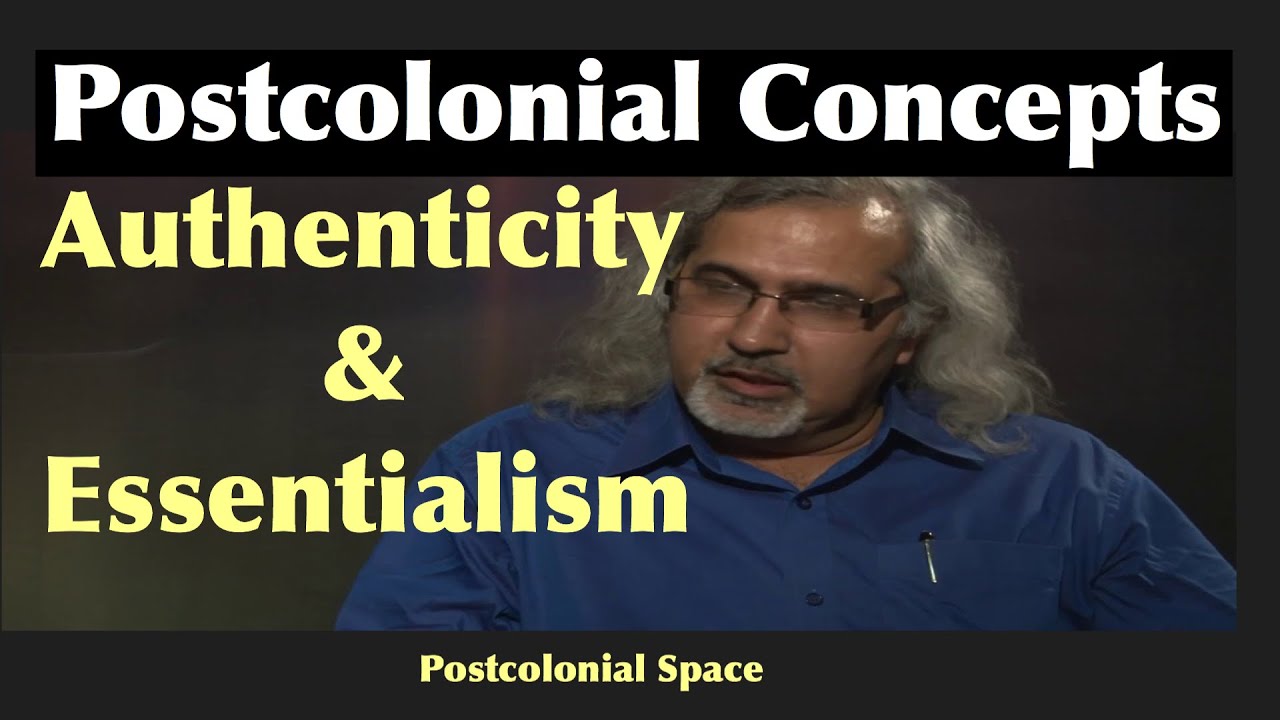Introduction
What is Orientalism? This questions is often posed by the students of postcolonial studies. Published in 1978, Edward Said’s Orientalism is easily one of the most influential academic books of  20th century. Even now, decades after its first publication, the book still garners a lot of attention as well as criticism. My purpose here is not to provide a reading guide to the book, I will do that in an Ultimate Guide later, but to provide a few details about the book’s main claims and assertions and to explain, as best as possible, orientalism as a concept.
20th century. Even now, decades after its first publication, the book still garners a lot of attention as well as criticism. My purpose here is not to provide a reading guide to the book, I will do that in an Ultimate Guide later, but to provide a few details about the book’s main claims and assertions and to explain, as best as possible, orientalism as a concept.
What is Orientalism?
While explaining his reasons for writing the book, Said discusses how precisely he came up with the idea of theorizing orientalism. He explains that while reading European texts about the Middle East, he realized that despite the difference in times and genres, certain tropes constantly appeared across a wide range of literary, historical, artistic, and scholarly texts about the Middle East: Sensuous women, despotic men, Caravans, the Bedouin etc etc. All of these tropes represented the Middle East as a place stuck in time as if history had not wrought any change to the place or its people. So, the question that he attempts to answer is this: Why is it that when people in the West think about the Middle East, even when they have never been there, they already seem to posses certain (negative) views and ideas about the place and its people. This lens or distorted way of seeing the Middle East is what Said calls Orientalism.
Orientalism is Discursive!
Said also asserts that these prejudicial views are not accidental or a matter of individual choice but rather a part of a much larger discourse. In other words this negative perception of Middle East and people who live there is deeply discursive. It is important to understand what precisely he means by discourse and discursive.
Said was one of the first major literary theorists to use Foucault’s theorization of discourse in an extensive way. In fact, he refers to two of Foucault’s early works in the introduction to his book. A discourse, simply understood, is more complex than ideology. While I will later write a longer piece on discourse, here I offer a somewhat succinct explanation. A discourse, according to Foucault, contains a body of knowledge produced by experts, which is then disseminated through institutions of power, universities, organizations, publishing houses etc. Within a discourse of scientific knowledge there are those who, by virtue of their institutional position and prestige, become the enunciating subjects: subjects who can speak and designate others. A scientific discourse thus automatically seeks its object of study and, one could say, constantly creates new objects of study. We believe in the truth claims of a discourse because we are privy to it’s logic and accept it to be scientific and objective. Think of it this way: if you are walking in the park with your child, and a person walks up to you and says “I think your child is slightly autistic.” What would your response be? You will probably tell that person to go to hell. But if you had made an appointment with a psychologist and he or she gave the same opinion, you will probably accept it. You will accept it not because you personally know the psychologist, but because within the given discourse of medicine, he or she has the power and prestige and the expertise to designate your child so. Thus orient as an object of study is created by the orientalists, scholars who were primarily responsible for studying the orient. And the knowledge so produced becomes a part of larger discourse of knowledge about the Middle East, a discourse Said callas orientalist. Within this discourse a certain exoticised, sexualized, and ossified view of the Orient is represented, as if the Orient is caught within a time warp outside of history. Said discusses almost three hundred years of European literary and cultural representation of the orient to prove his point that Western views of the orient are not accidental but rather an outcome of centuries of discursive production of knowledge in which the orient acts as this supine other whose function is to solidify and restore the West’s own sense of self. Thus In other words, one could say, that the creation of this timeless orient is absolutely necessary to offer the more dynamic and modern West as a counter to that old exotic world.
Criticisms of Said’s Orientalism
Now, quite a few critics of Said have argued that when they read the book they feel as if the orientals had no agency of their own, as if they are completely a creation if the West. This, in my opinion, is an unjustified critique because it elides the very intent of Said’s project in this book.
Note, Said’s project in the book was to prove how the orient was discursively produced in the Western imagination. It has nothing to do with the actual orient. Hence, his emphasis on the strategies of this representation that he calls orientalism.
In one of his interviews he also explains certain particular circumstances under which the discourse of orientalist becomes operative and power has a huge role to play in it. He says, and I am paraphrasing over here, “in order to be able to do what the Europeans did in the middle East, you had to be there and you had to have the power to ‘record’ Egypt.” He discusses this aspect of power while explaining the cultural and research component of Napoleon’s invasion of Egypt (1798-1801). So, for Orientalism to be fully operative a nation or a group of nations must have the power to “study’ the subject culture and then produce knowledge to be used by others to perpetuate the discursive representation of the location and people so studied. This discursive view, thus, must become highly accepted, cited, and used in academic and literary production in order for it to shape the general views and imagination of a place called the Orient. And since Said was attempting to study the mechanics of this discourse, it, therefore, was not part of his project in Orientalism to offer some sampling of native resistance to this imperial imperative: he does that in other works.
Why Occidentalism is not Possible
This larger understanding of Orientalism enabled by absolute power to “study” and “record” a people, in itself is an argument against what some call Occidentalism: namely, the prejudicial views of the West held in the so-called East. While people in the East might view Europe and America a certain way, they absolutely lack the power to make that view and perception of Euro-America normative in the world and thus, these prejudices, in truly Foucauldian, sense, because of this lack of power, cannot be considered occidentalist. Now this does not stop Said’s critics from making such claims, but if you take into account the institutional nature of orientalism and its connection with the physical occupation of the Orient, then no corresponding discourse can be offered as equally as bad or destructive as orientalism.
Conclusion
So, on the whole orientalism is a way of seeing or imagining the East, mostly Middle East, in a way that one does not really SEE the orient but sees it only through a discourse that predisposes one to view the East in a certain negative way without having been there or without having done much research about it. This way of looking at the East, or this distorted lense, is what said calls Orientalism!
(Note: This article is part of my series on reading and writing guides.)




Thank you sir
Thank you!
Thank you sir for this great explanation of Oreintalism..
Thank you. Please pass this on. I will keep adding more such brief entries.
Thanks. This could not have been put in a better and a shorter form.